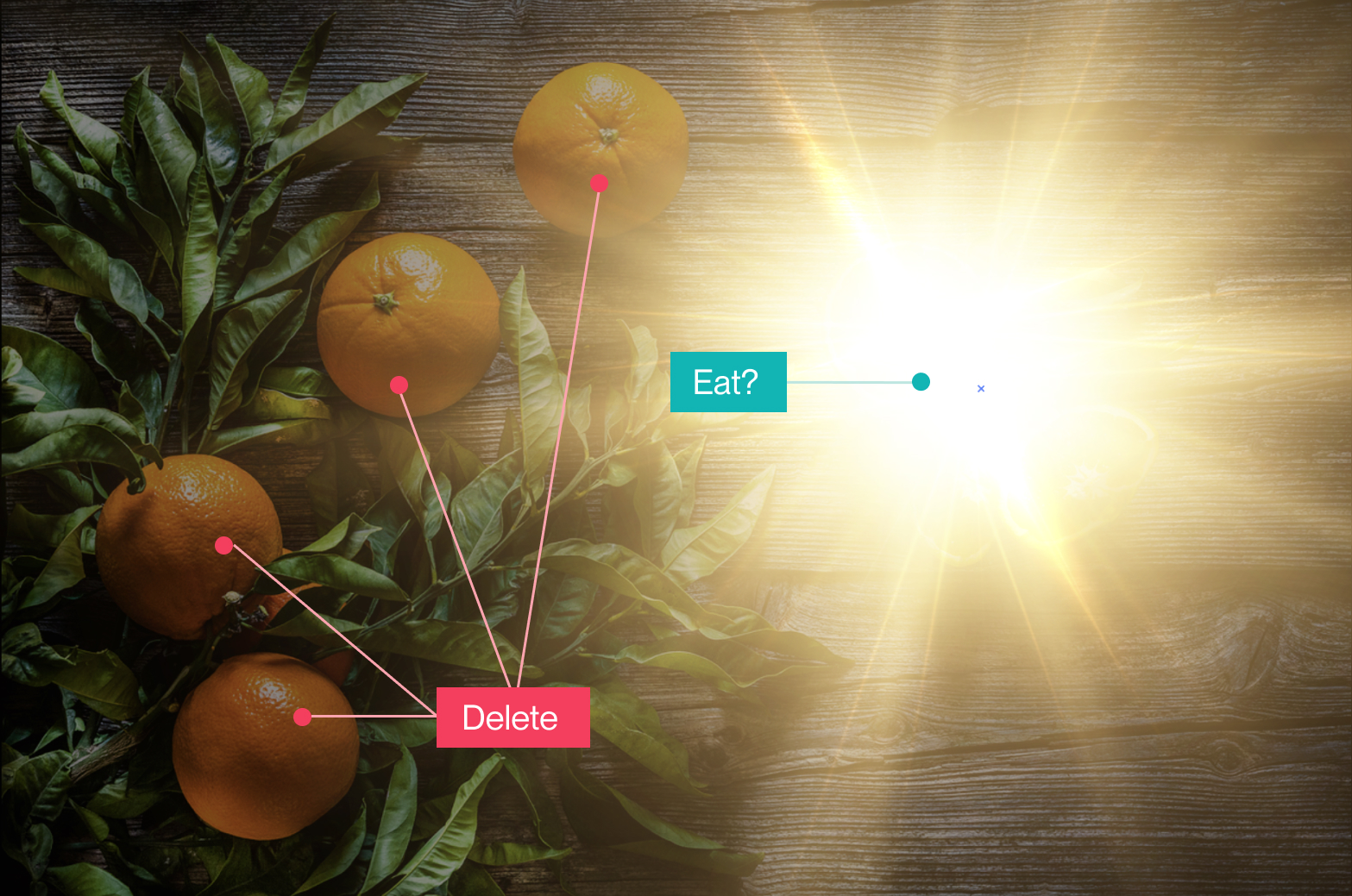
For a healthier cold and flu season, think Vitamin D not C
As the temperature plunges, the choices you make every day can improve your chances of avoiding or getting through seasonal illnesses more easily. But there are plenty of traditional beliefs out there to trip you up. For example – there’s not much point in increasing your vitamin C intake right now. Instead, focus on vitamin D.

For many years, we've been told it's a good idea to drink orange juice and eat oranges to help ward off colds. But research shows that vitamin C doesn't help much with this problem.
Vitamin D is involved in over a thousand known metabolic reactions in the body and could well be called a hormone in its own right. Deficiency in vitamin D has been linked to a number of health problems, not least of which is a weakened immune system. People with low vitamin D levels tend to have more sick days, catch more upper respiratory tract infections (such as colds, flu and COVID) and suffer more severe symptoms for longer than people with adequate vitamin D.
It’s thought that vitamin D is crucial to the effective production and functioning of immune cells that fight pathogens (anything that invades the body and can cause disease), so it makes sense that when vitamin D is in short supply, your system as a whole is poorly equipped to deal with the invaders.
Where to get your vitamin D
There are two main sources of vitamin D: your diet, and sunlight. When cholesterol in your skin is exposed to ultraviolet B (UVB) rays from the sun, it is converted into vitamin D.

During the height of summer we will be producing plenty of vitamin D and storing any that we don’t use in the liver. Unfortunately, the low-intensity of the winter sun isn’t strong enough to stimulate the conversion of cholesterol so the majority of people will enter winter already vitamin D deficient. People with darker skin are also prone to low levels of vitamin D, as the melanin acts as a barrier and makes vitamin D synthesis from sunlight more difficult.
While getting outside as much as you can will give you many other benefits, at this time of year you should increase your dietary intake of vitamin D rich foods.
Vitamin D-rich food sources include:
- Oily fish (e.g. salmon, swordfish, tuna or sardines) and fish liver oils
- Egg yolks
- Milk and dairy products
- Tofu and some mushrooms (including portobello, shiitake, morel and button mushrooms)
- ‘Fortified’ foods with added vitamin D may help
Consider eating these foods as part of a meal with plenty of healthy fats as that will increase your absorption of the vitamin D they contain. If you are in doubt, you should also have your levels checked with a simple blood test to find out if you could benefit from a vitamin D supplement.